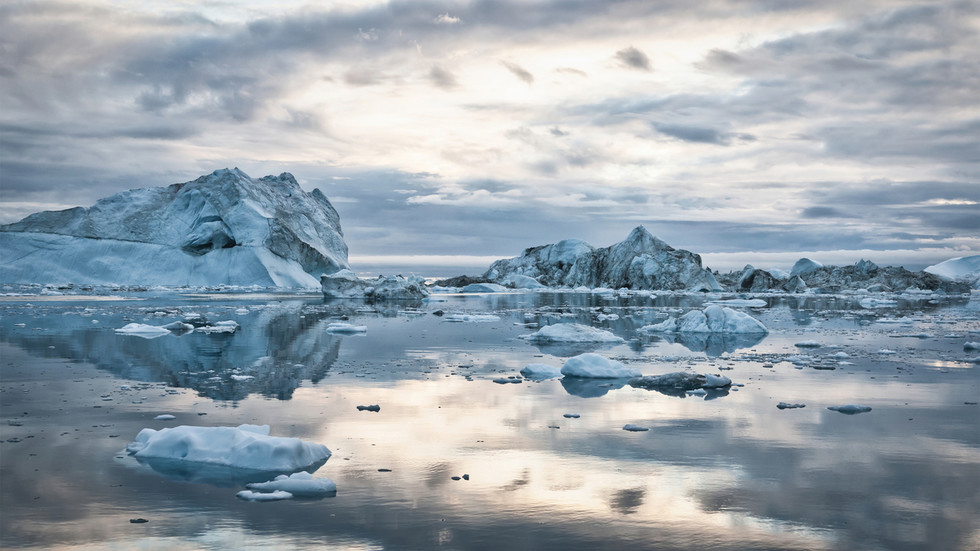By Jonny Tickle
December 14, 2021
-RT
Speaking to the TV channel Zvezda, senior diplomat Nikolay Korchunov revealed that Russia has proposed a project on biosafety to the Arctic Council, an intergovernmental forum made up of eight countries that have sovereignty over land within the Arctic Circle.
Korchunov, who serves as ambassador at large at the Ministry of Foreign Affairs, chairs the Committee of Senior Officials at the Arctic Council.
“There is a risk of old viruses and bacteria waking up,” Korchunov said.
“Because of this, Russia has initiated a ‘biosafety’ project within the Arctic Council,” he continued, noting that it will be tasked with working out the whole range of “risks and hazards” related to “permafrost degradation” and “future infectious diseases.”
Korchunov isn’t the first to point out this potentially devastating side effect of climate change. Earlier this year, Russian scientist Sergei Davydov warned that melting permafrost could bring parts of ancient ecosystems to the surface, including viruses. Davydov cautioned that much of Russia’s territory is permafrost that has not melted in millions of years, and ancient viruses, some of which could be extremely hazardous, could be inside.
In recent years, Russian President Vladimir Putin has become a lot more outspoken about climate change and has repeatedly warned of the dangers of global warming on the country’s ecosystems and environment, including melting permafrost. Speaking at the Valdai Discussion Club in 2020, Putin noted that 65% of the country’s territory is made up of permafrost, and any ecological change will have enormous consequences for Russia’s infrastructure and could have a massive knock-on effect on its economy.
“It affects pipeline systems, residential districts built on permafrost, and so on,” Putin explained. “If as much as 25% of the near-surface layers of permafrost, which is about three or four meters, melt by 2100, we will feel the effect very strongly.”




